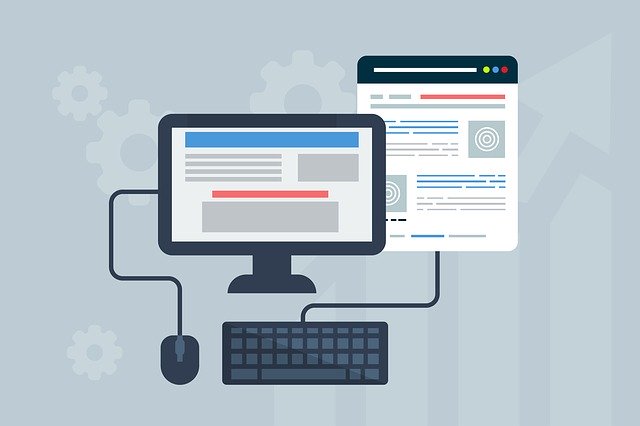We are truly living in the cyber age, and there is little doubt about the advantages it has brought with it. However, all the conveniences of the cyber age that we are enjoying today do not come without their own share of issues either. It is true that the world is still able to function amidst a worldwide pandemic, mostly because of the internet and all the associated tech which has advanced the world wide web’s capabilities, but the same has also raised more alarm for privacy issues on the internet.
The Impact of Internet Use on Privacy
One of the original reasons why the internet came into being was the collection and delivery of information to all those who needed it, alongside the objective of connecting the world together in a web of information. However, the concept was soon monetized, and things as they stand now put all our personal data under great risk.
Various aspects of people’s personal lives, financial status, hobbies, interests, etc. can no longer stay personal if they use the internet without due caution. Even with the cautionary measures in place, it is impossible to keep everything private these days for someone who is active on the internet. However, it is possible to keep the most sensitive and the most private information off the internet by taking proper precautions.
What are Those Precautions?
As we are discussing personal privacy, the following steps should prove to be sufficient for deterring most instances of private data theft and online tracking:
- Never use duplicate software, especially not the OS
- Unless you are completely in sync with what you are doing, avoid cracks, jailbreaks and custom firmware altogether
- Protect your computer with a reputed antimalware software that can prevent websites from tracking you online
- It should also come with a strong firewall to prevent trojan trackers, as well as the ability to isolate and delete them if they make it through
- Don’t fall victim to malware pretending to be antivirus software; McAfee and Norton are the two most trusted names
- Do not provide GPS permission to any app or site that you are not sure about trusting
- Even the ones you trust should only be allowed to track your location when you are using the app/site
- Do not accept cookies at all on random sites and don’t accept any cookies without reading their privacy clause first
- Clear cookies from your browsers every few weeks
- Use a VPN to safely navigate websites beyond the known and trusted
- Don’t display personal information such as your address, phone number, email ID, etc. on social media
- Resist the urge to update your location status in real-time while traveling
- Don’t reply to or even open emails from unknown email addresses
- Never click on an embedded link and log in anywhere; it is an infamously effective way to phish personal info such as usernames and passwords
- Don’t store sensitive or personal information such as important digital documents and private photos on the cloud
- Avoid targeted ads by turning it off from the settings on your social media accounts, email accounts, search engine profiles, and even your OS accounts
Can You Use the Internet’s Access to Information in Your Favor?
In commercial situations, that would be an illegal act, but for personal reasons, it is legal and even advisable to use the internet’s wide-reaching access for getting access to the public information you need. A popular and incredibly useful example of that would be checking out someone’s sheriff records before you go on a blind date, or decide to turn a casual relationship into a serious bond. Sexual offenders are intelligent and proficient in hiding their intentions until the last moment, but if they have a prior, then a search through their publicly available sheriff records, court records or police records should reveal that to the potential victim. You can find more information here on the official Public Records Reviews website. If anyone close to you is about to assume a position of trust, or if you are unsure about a relative or family member’s previous whereabouts, the site can show you all public information that is available about them online.
While we covered all major aspects of the internet’s digital impact on our privacy, there is one more element that should also be mentioned before we conclude. IoT (Internet of Things) devices such as smart security cameras, smart TVs, smart speakers, etc. can also become a severe privacy concern. Compromised or hacked IoT gadgets could allow unlimited real-time access to strangers, which means that it is possible that the security cameras are being used to watch you in your own home. To prevent this from happening, it might be better to limit the use of indoor cameras and listening devices or stick to older gen, analog security systems. It’s good to go offline every now and then, which is why smart devices have not yet replaced all their “dumb” counterparts yet.



